
Coeliac UK has raised major concerns about decision by NHS Hampshire and Isle of Wight Integrated Care Board (ICB) to withdraw gluten free prescriptions.
The national charity says it will affect people with a diagnosis of coeliac disease across the region, and cause potential negative impact on their health.
The decision expands a policy currently in place on the Isle of Wight to the rest of the area and effectively prevents people with coeliac disease across the ICB from accessing gluten free bread and flour mix on prescription.
The new policy came into force with immediate effect last month.
No prior warning was provided to patients or to Coeliac UK and no evidence has yet been provided publicly to support the decision.
Coeliac disease is a serious autoimmune condition, affecting around 1 in 100 people.
Symptoms are wide ranging but can include bloating, stomach cramps, vomiting, diarrhoea and tiredness.
Extra intestinal issues can be very diverse and include anaemia, low bone density, skin rashes, recurrent mouth ulcers, neurological (nerve) problems such as ataxia (loss of coordination, poor balance) and peripheral neuropathy (numbness and tingling in the hands and feet).
When a person with coeliac disease eats gluten, it can cause debilitating symptoms and in the long term can lead to development of associated conditions such as osteoporosis, neurological dysfunction, unexplained infertility, recurrent miscarriage and in rare cases even small bowel cancer.
Contrary to the ICB’s statements, complete replacement of gluten containing staple foods is not easy and gluten free substitute foods are important for both practical reasons and for their nutritional contribution to the diet.
For example, replacing two slices of gluten free bread with a portion of rice containing the same number of calories would reduce the iron content by 96% and the calcium content by 90%.
Similarly, replacing gluten free bread with a portion of peeled, boiled potatoes containing the same number of calories would reduce the iron content by 71% and the calcium content by 93%.
A 2023 Coeliac UK report revealed a weekly gluten free food shop can be as much as 20% more expensive than a standard weekly food shop.
A gluten free loaf of bread is on average 4.3 times more expensive than a standard gluten containing loaf.
There is even more disparity between the cheapest products, with the cheapest gluten free loaf of bread costing 7.2 times more than the cheapest gluten containing loaf, gram for gram.
In a survey on shopping gluten free with over 1,000 completions, 77% of respondents struggled to afford gluten free products and 72% said shopping gluten free adversely affects their quality of life.
Katherine Clarke, from Hampshire (below), suffered from weight loss and neurological symptoms before she was diagnosed with coeliac disease when she was 16.

“I have been receiving gluten free bread prescriptions since my diagnosis in 2016.
"I’m a stay at home mum of two boys and having this support has been a lifeline for me. With bread costs rising and stock in the supermarket often very low, having my prescription has been a huge help.
"My family and I can’t afford for it to go up anymore. I feel hugely let down by this decision and worried about the future.“
Tristan Humphreys, Head of Advocacy at Coeliac UK, said:
“We are extremely disappointed NHS Hampshire & Isle of Wight ICB has taken this decision and are shocked at their failure to consult with patients or Coeliac UK.
"These changes remove a much needed lifeline for those with coeliac disease in the region at a time when the cost of living crisis is hitting people with coeliac disease particularly hard.
"We urge the ICB to look again at this decision and do the right thing, based on the evidence.”

 Councillors Spar Over Conservative 'Affordable Housing' Budget Amendment
Councillors Spar Over Conservative 'Affordable Housing' Budget Amendment
 Motion To Support Isle Of Wight Farmers Receives Enthusiastic Endorsements
Motion To Support Isle Of Wight Farmers Receives Enthusiastic Endorsements
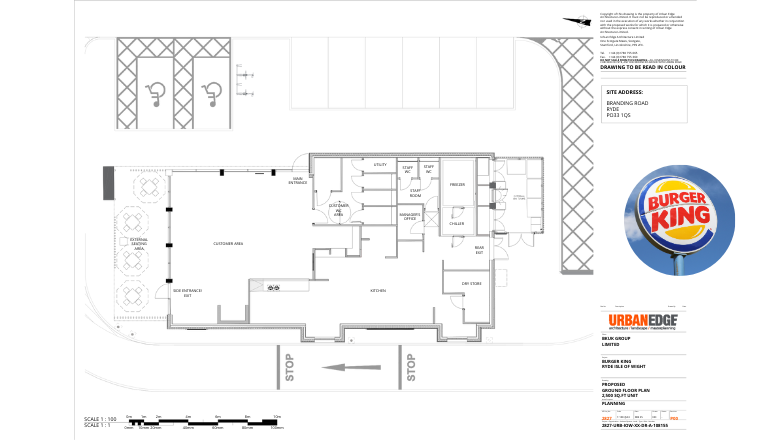 Burger Drive-Thru Plans Revealed For Ryde
Burger Drive-Thru Plans Revealed For Ryde
 Whitehall Comes Under Fire At Isle Of Wight Farming Conference
Whitehall Comes Under Fire At Isle Of Wight Farming Conference
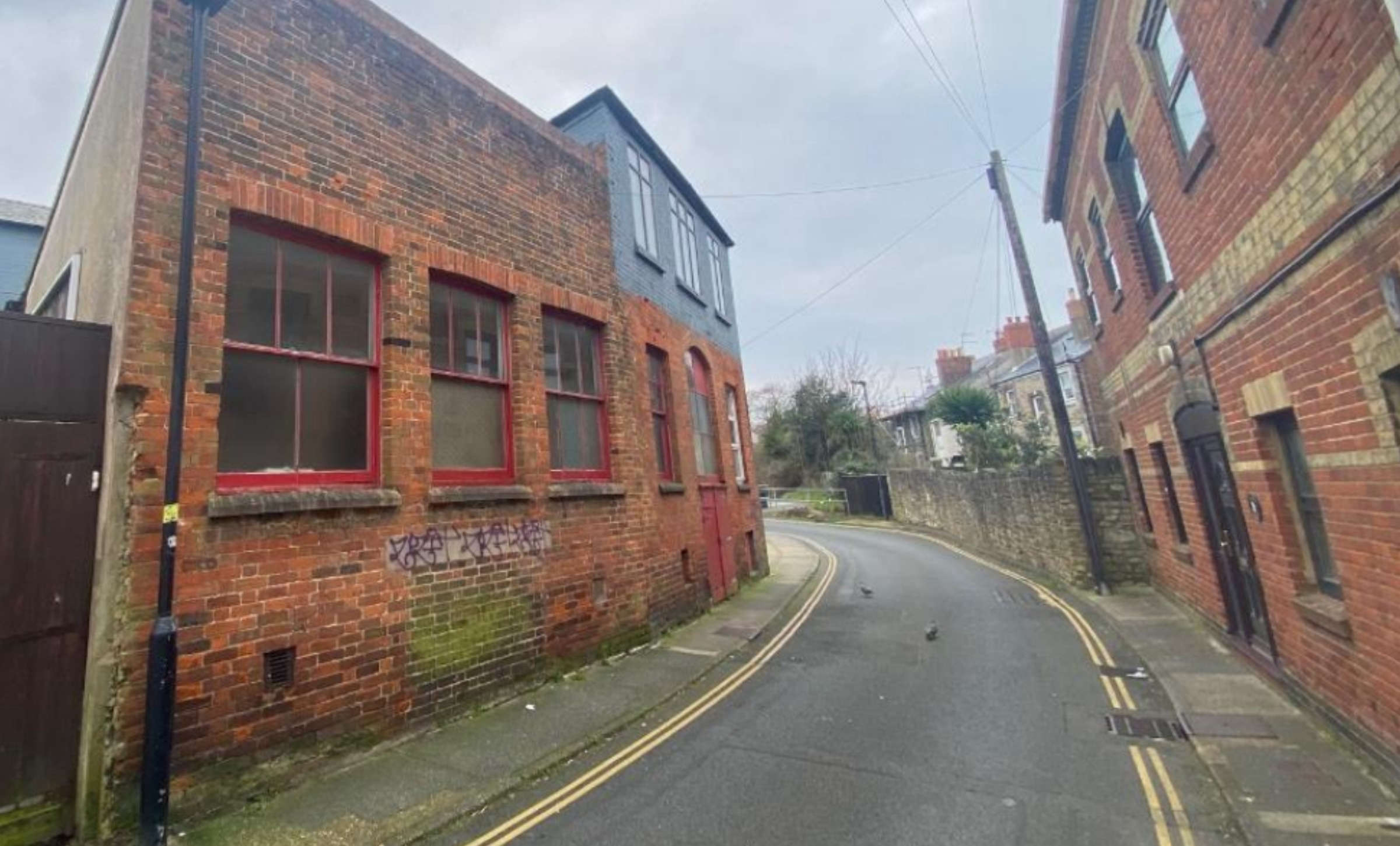 Part Of Victorian Warehouse In Ryde To Be Transformed Into Studio Flats
Part Of Victorian Warehouse In Ryde To Be Transformed Into Studio Flats
 Isle Of Wight Councillors Come Together To Send Hit Out At Island Ferry Services
Isle Of Wight Councillors Come Together To Send Hit Out At Island Ferry Services
 New Chair Appointed To Lead Hampshire And Isle Of Wight’s Mental Health And Community NHS Trust
New Chair Appointed To Lead Hampshire And Isle Of Wight’s Mental Health And Community NHS Trust
 East Cowes Roof Collapse Leads To Person Taken To Hospital
East Cowes Roof Collapse Leads To Person Taken To Hospital
 Man Bitten By Dog On Newport Footpath
Man Bitten By Dog On Newport Footpath
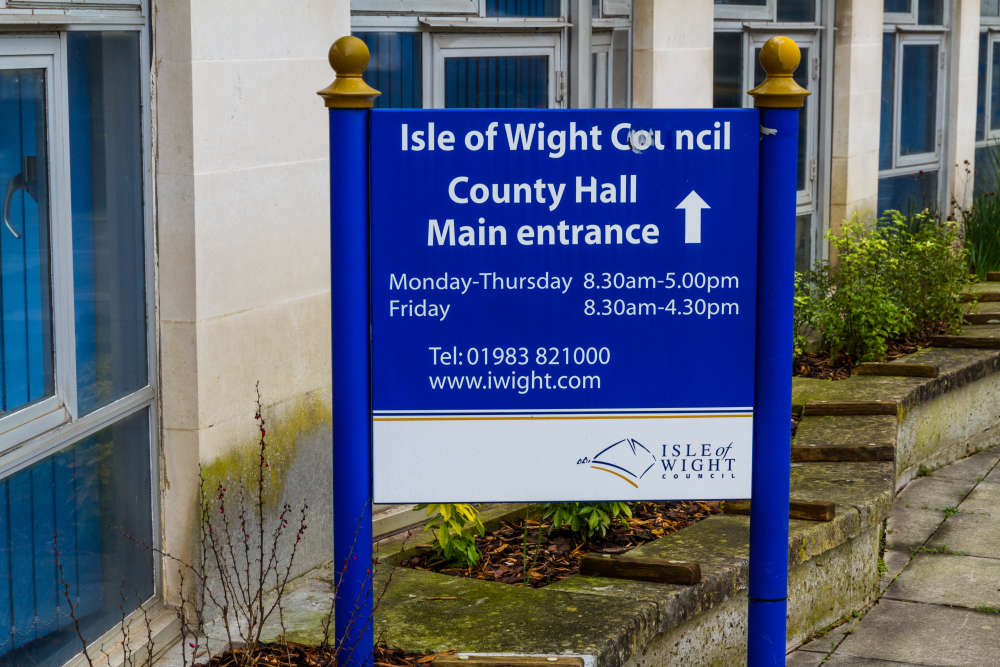 Full Council Throws Weight Behind Motion Defending County Hall's Independence
Full Council Throws Weight Behind Motion Defending County Hall's Independence
 Ningwood Hill Electricity Pole Crash Leads To Resident Evacuation
Ningwood Hill Electricity Pole Crash Leads To Resident Evacuation
 Isle Access Announces New Trustees And Focus On Accessible Cycling
Isle Access Announces New Trustees And Focus On Accessible Cycling
 Isle of Wight Ambulance Service partners with Hampshire and Isle of Wight Air Ambulance to elevate paramedic training and patient care
Isle of Wight Ambulance Service partners with Hampshire and Isle of Wight Air Ambulance to elevate paramedic training and patient care
 County Hall Backs Motion To Support Isle Of Wight Farmers
County Hall Backs Motion To Support Isle Of Wight Farmers
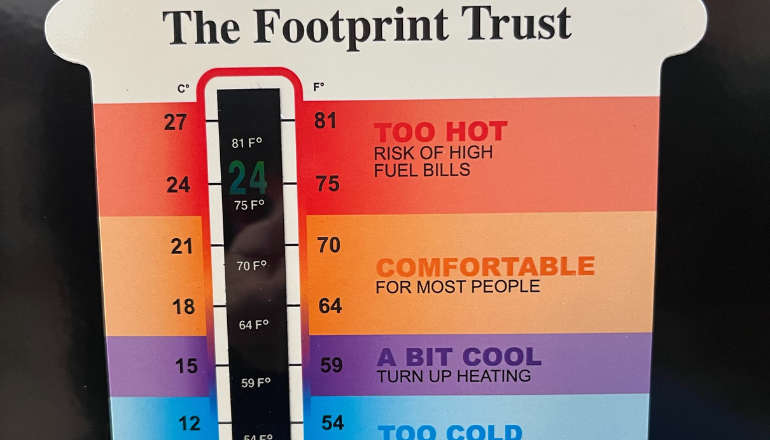 Wight Aid Helps Footprint Trust Boost Energy Savings
Wight Aid Helps Footprint Trust Boost Energy Savings
 Isle Of Wight CAMRA Pub And Beer Of The Year 2024 Winners Announced
Isle Of Wight CAMRA Pub And Beer Of The Year 2024 Winners Announced
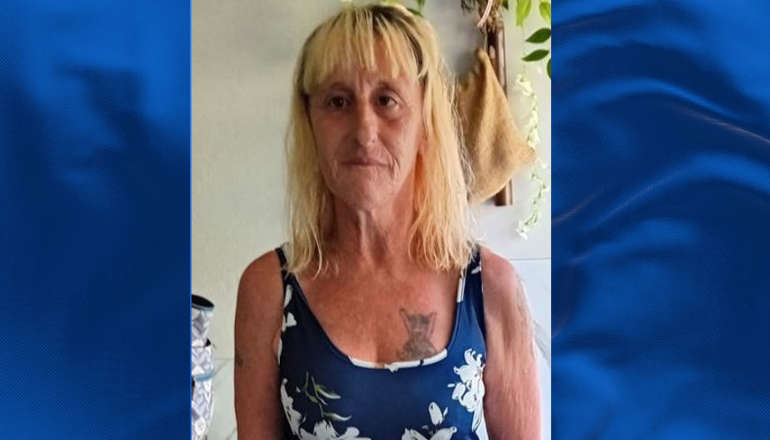 Have You Seen Missing Sarah Watson, 56, From Ventnor?
Have You Seen Missing Sarah Watson, 56, From Ventnor?
 Newport Youth Hub 'Proving Very Effective' Says Council Leader
Newport Youth Hub 'Proving Very Effective' Says Council Leader
 Kilometres-Long Underground Cable Could Be Installed Beneath Farmland
Kilometres-Long Underground Cable Could Be Installed Beneath Farmland
 Isle Of Wight MP Joins Forces With Digital Poverty Alliance For Local Device Donation Drive
Isle Of Wight MP Joins Forces With Digital Poverty Alliance For Local Device Donation Drive


